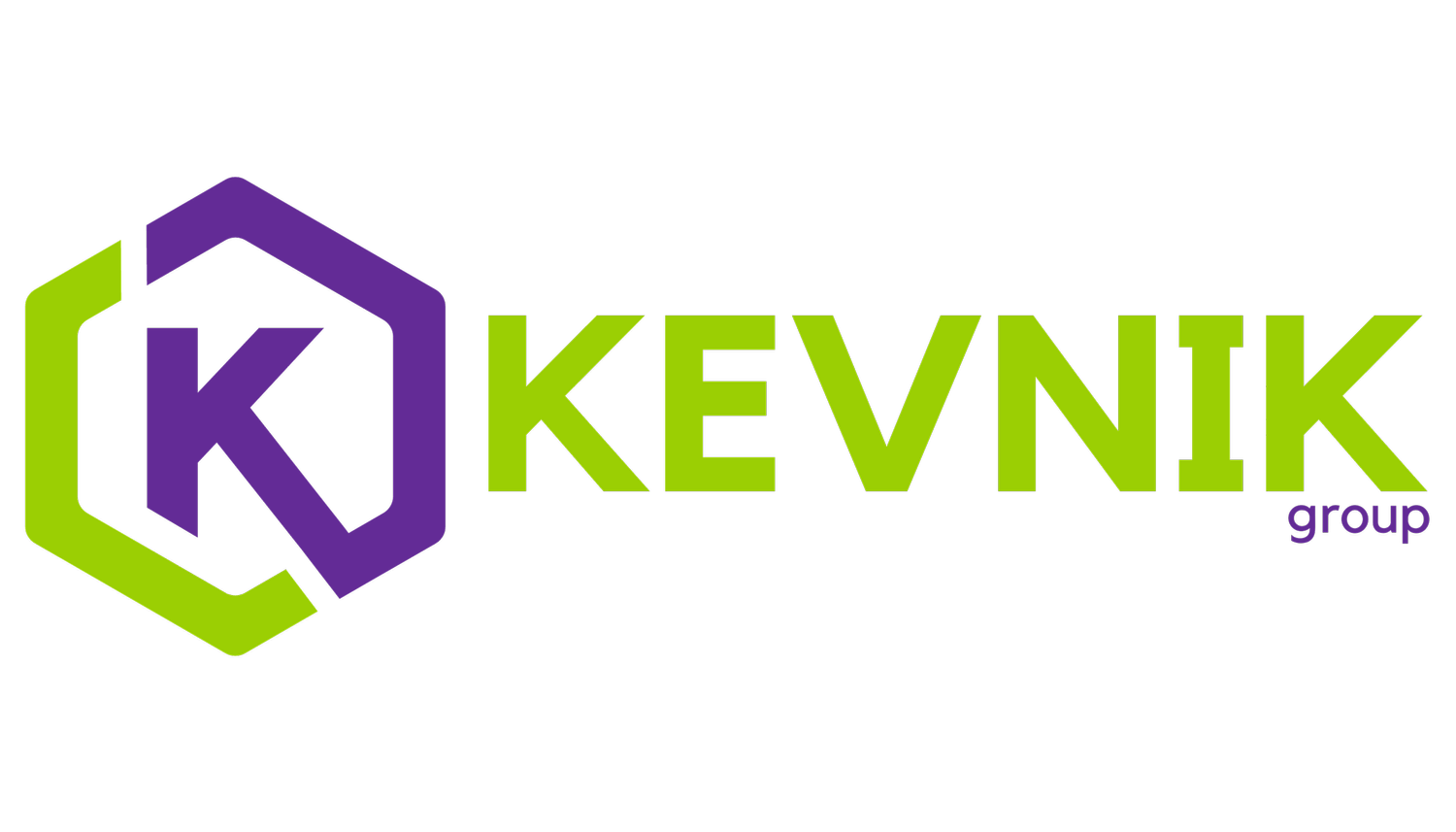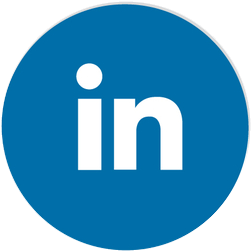Here's this month's roundup of news and resources.
REACH YOUR GOALS
FHA Mortgages Just Got More Buyer-Friendly
Plenty of would-be homebuyers are looking for more ways to save on their home purchase. Here's some good news, especially if you plan to buy with a mortgage insured by the Federal Housing Administration (FHA).
Recently, the White House announced reduced mortgage insurance premiums, usually shortened to MIP, for FHA loans. Beginning March 20, MIP payments will be cheaper as the premium will be reduced from 0.85% to 0.55% of the loan amount. This is estimated to benefit up to 850,000 potential and current FHA borrowers.
Borrowers can save anywhere up to $1,500 per year, depending on their location and loan amount. Here are a few examples of FHA mortgages and reduced MIP payments.
A $300,000 mortgage will save $900 per year.
A $400,000 mortgage will save $1,200 per year.
A $500,000 mortgage will save $1,500 per year.
Combined with other buyer-friendly features, including the allowance of gift funds and lower down payments, an FHA mortgage could be your key to home ownership in 2023. Call me to discuss your options, or for answers to any questions about home financing. 1
MORTGAGE IQ
Should You Try to Time a Home Purchase? Probably Not.
With home prices finally falling in many areas, and mortgage rates predicted to fall in 2024, the big question facing homebuyers is: buy now, or wait? Here are some things to keep in mind if you're asking yourself this question.
While it might be tempting to postpone buying until a better deal shows up, there's no guarantee that rates will fall or that homes will be more affordable next year. Many real estate experts don't think things will change much.
Lawrence Yun, Chief Economist with the National Association of Realtors® (NAR) predicts that a return to the 3% mortgage rates of 2021 won't happen again for a long time. These rates appeared during an unexpected global pandemic, at a time when a variety of factors created an unexpectedly hot real estate market.
Regarding falling home prices, any current price corrections could disappear as soon as the inventory of homes for sale takes another dive. To make the situation even more frustrating, if mortgage rates fall, this could fuel more demand for fewer homes. Both of these would contribute to more expensive home purchases because of the supply versus demand scenarios created.
In conclusion: potential buyers who plan to stay in their next home for more than five years may want to consider being less concerned about timing the market. Instead, they can concentrate on the other benefits of home ownership. These include the equity they'll begin to build, potential tax savings, and how they'll enjoy adding those personal touches that make home ownership so rewarding. 2
FINANCIAL NEWS
Are Student Loan Payments Returning?
Over 43 million Americans have student loan balances, and quite a few are hoping for loan forgiveness as proposed by President Biden. However, this plan has gone to the Supreme Court and may or may not happen.
Considering the current economic climate, student loan borrowers may want to begin to make plans sooner than later. Here are some steps you can take right now.
Find out what your payments will be. Most borrowers can research this at studentaid.gov, which has added a section Prepare for Loan Payments to Restart on the home page. If you have a login for this site and are familiar with it, you can visit the section My Aid, then Loan Breakdown.
Check your contact details. Once you confirm your student loan company, visit their website and log into your account. Be sure to check that your contact information is all up-to-date. This is because your loan provider will be informing you about revised monthly payments, not the government.
Review your budget now. If you take advantage of the preparation time you have now, it will be less painful to begin making payments again. Whatever you set aside for student loan payments, you may want to park it in an interest-bearing account.
Get a head start. If you begin repayments now, you may be able to bring down your loan's principal faster. This could shorten your current loan payment schedule.
Check out other loan forgiveness programs. Visit the Federal Student Aid website to learn about possible eligibility for other loan programs. 3
DID YOU KNOW?
A History Of Women's Home Ownership
Have you ever considered how you or your significant other would feel if she couldn't buy a home because she wasn't married? Throughout history, women have worked to achieve financial equality, including the right to buy a home.
Since International Women's Day was earlier this week, we've prepared a timeline of the changes that eventually empowered women to live independently in a home of their own.
1960s: The Fair Housing Act of 1968 prohibited discrimination in real estate on the basis of sex, race, religion and other protected classes. In addition, the Equal Pay Act of 1963 was introduced, although data shows that women have still not achieved 100% equal pay.
1970s: The Equal Credit Opportunity Act of 1974 outlawed banks from refusing loans and credit to unmarried women.
1980s: By 1981, there were more single women homeowners than single men. The pay gap also narrowed. By 1980, women were earning 64% of men's wages.
1990s: Better educational opportunities and higher earning potential enabled more women to become homeowners. Nearly a third of American households were headed by women.
2000s: Women's home ownership rates kept rising during this decade.
2010s: Women's home ownership gains became "stuck" at 15% in 2014, according to NAR. However, stats began to reflect that women also had lower foreclosure rates.
2020s: As of 2021, 19% of homebuyers were single women. Households headed by women reached 60%. 4
PERSONAL FINANCES
Should You Bank Online or Offline?
Online banks have become increasingly popular for several reasons, although they haven't completely replaced traditional bank branches. Here are some of the advantages they offer.
Lower costs, fewer fees. Traditional brick-and-mortar banks have to maintain their branches, which can cost a lot of money. Online banks don't have this problem, so they can pass these savings on to you, the customer.
Higher interest rates. Online banks often pay higher annual percentage yields (APYs) on savings accounts and Certificates of Deposit (CDs), since their operating costs are lower. This could add up to more money in your pocket.
Bank 24/7. If you're busy during banking hours, you can open an account at an online bank 24/7. You don't have to get dressed, head to a bank branch, find parking and wait for service.
Great online tools. Since online banks' tellers are online, they put a lot of effort into ensuring that customers can access and manage their accounts easily. Most offer instant cash transfer services like Zelle as well, so you don't have to download the mobile app first.
Encrypted security. Online banks offer the same FDIC insurance as traditional banks. This protects your money up to $250,000 per account. These banks also build strong encryption into their sites to keep your data safe.
Cons of online banks
One of the drawbacks of online banks is that their product offerings tend to be more limited than a bricks-and-mortar bank. If you're planning a complex investment portfolio or retirement fund, you may want to compare online and traditional bank offerings.
If you sometimes need to withdraw or deposit large amounts of cash, a brick-and-mortar bank will probably be your best choice. 5
REAL ESTATE TRENDS
Projects For Spring Break Staycations
If you have one or more family members enjoying a week off from school soon, this means you have a spare pair of hands to help out with home décor updates. Here are three to consider – they all deliver lasting value for your time and investment.
Spice Up Your Kitchen
Since this is a high-traffic area, it's also a place where any improvement will be noticed. Replacing your kitchen cabinets' hardware and drawer pulls can make a big difference for a small financial layout. So can putting in a new tile backsplash. Installing a new faucet with an flexible sprayer can make food prep faster and easier. And if you have a kitchen island, replacing the worktop with anything from stainless steel to quartzite will transform the area.
Front Door Facelifts
Hanging a new front door is easy when you have help. Be sure to choose an energy-saving model that won't allow drafts. In addition to measuring your door frame, take photos of the door and its surroundings to the hardware store. This will make it much easier to choose the best replacement. If your existing door looks tired, a new paint job and updated doorknob can make a big difference.
Switch Out Ceiling Lights
Even if you're not an electrician, changing out a ceiling fixture is safe – just locate the right breaker and switch off the room's power. Most come with easy-to-follow instructions, and if you have a helper, you can install a new light fixture without worrying about dropping it. If you're looking for ways to reduce your summer air conditioning bill, switching out a simple light fixture for a ceiling fan could be worth the extra effort. 6
Have any questions? Reach out to us. We are your home loan experts and are up to date with all the market industry information. kevnik@kevnikmortgage.com
Positively Changing Your Home Finance Experience. 🏠
NMLS#1639268 | AZ BK# 0932828 | Licensed by the DFPI under the CRMLA | Equal Housing Opportunity
Sources: 1money.com; 2cnbc.com; 3lifehacker.com; 4bankrate.com; 5fool.com; 6bhg.com






